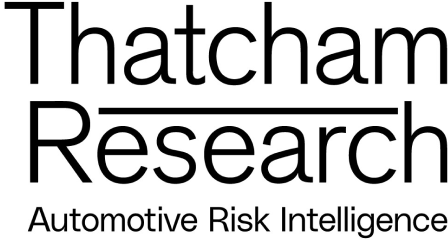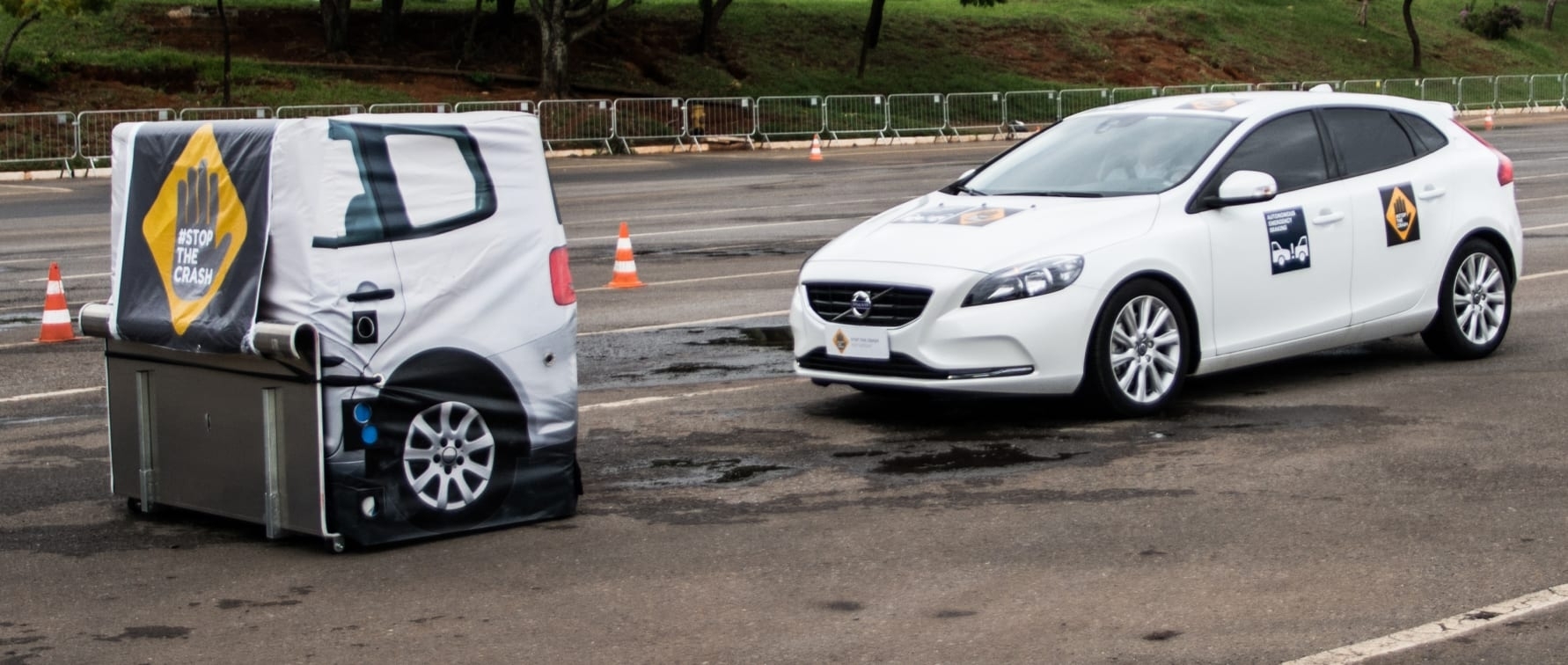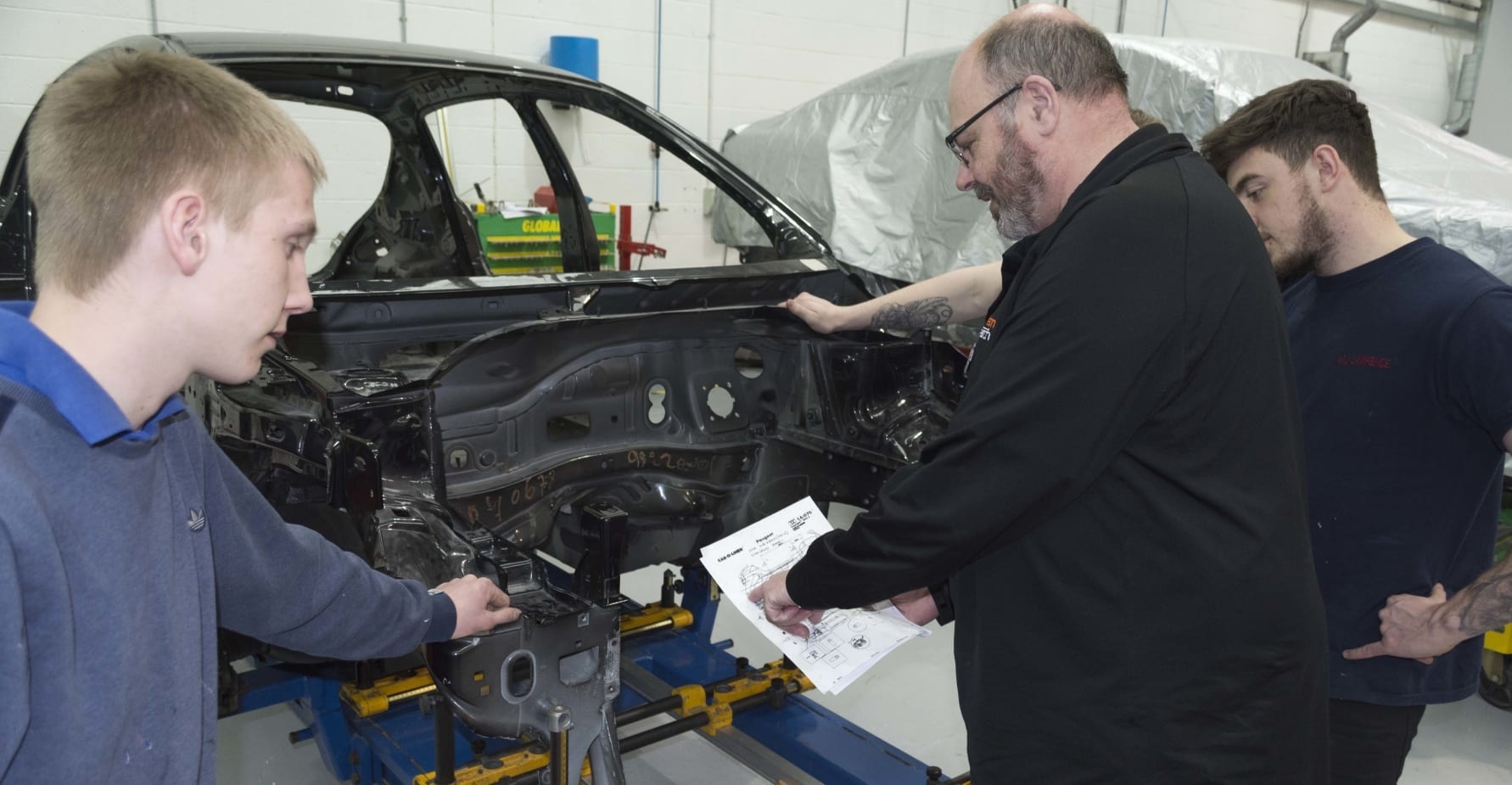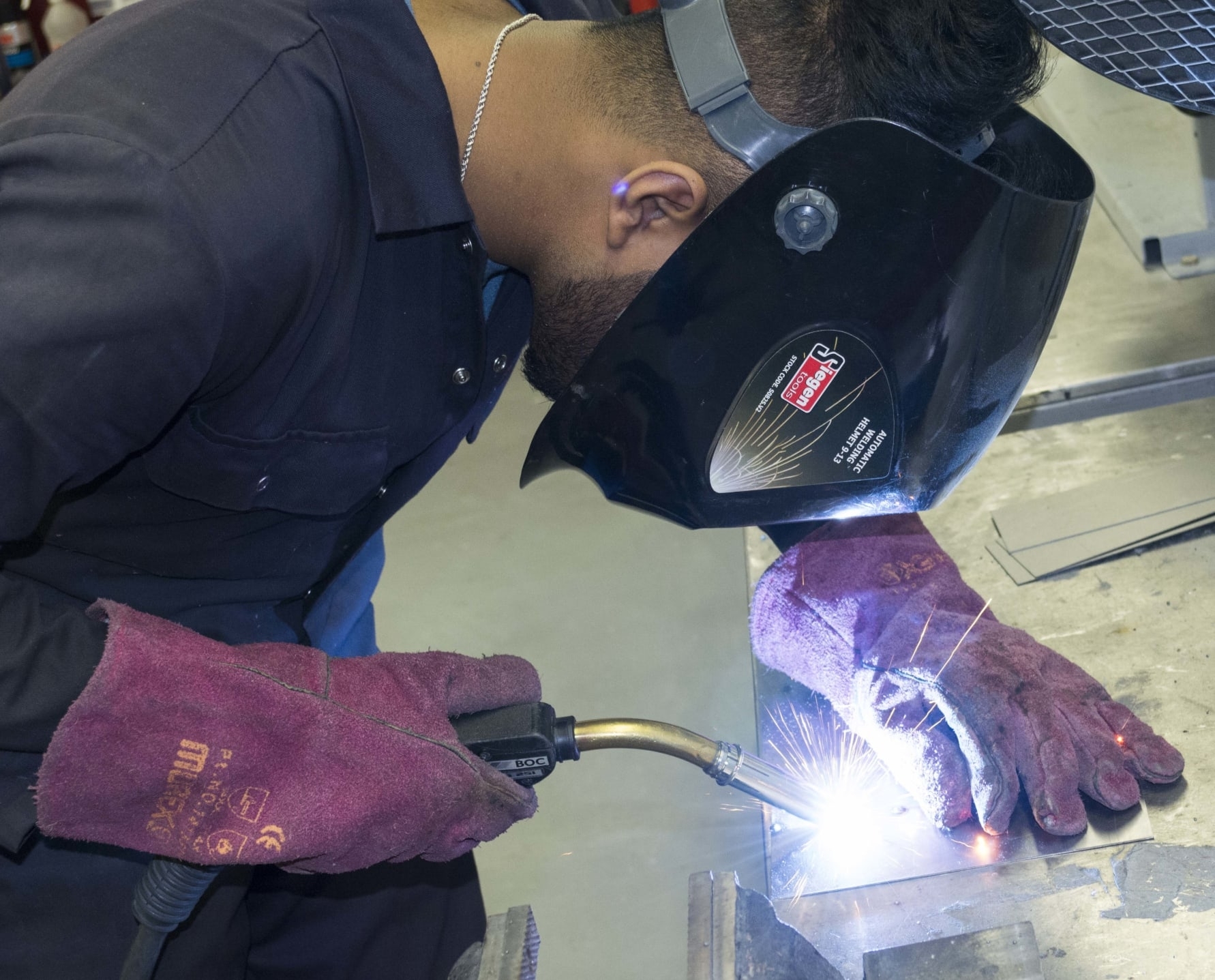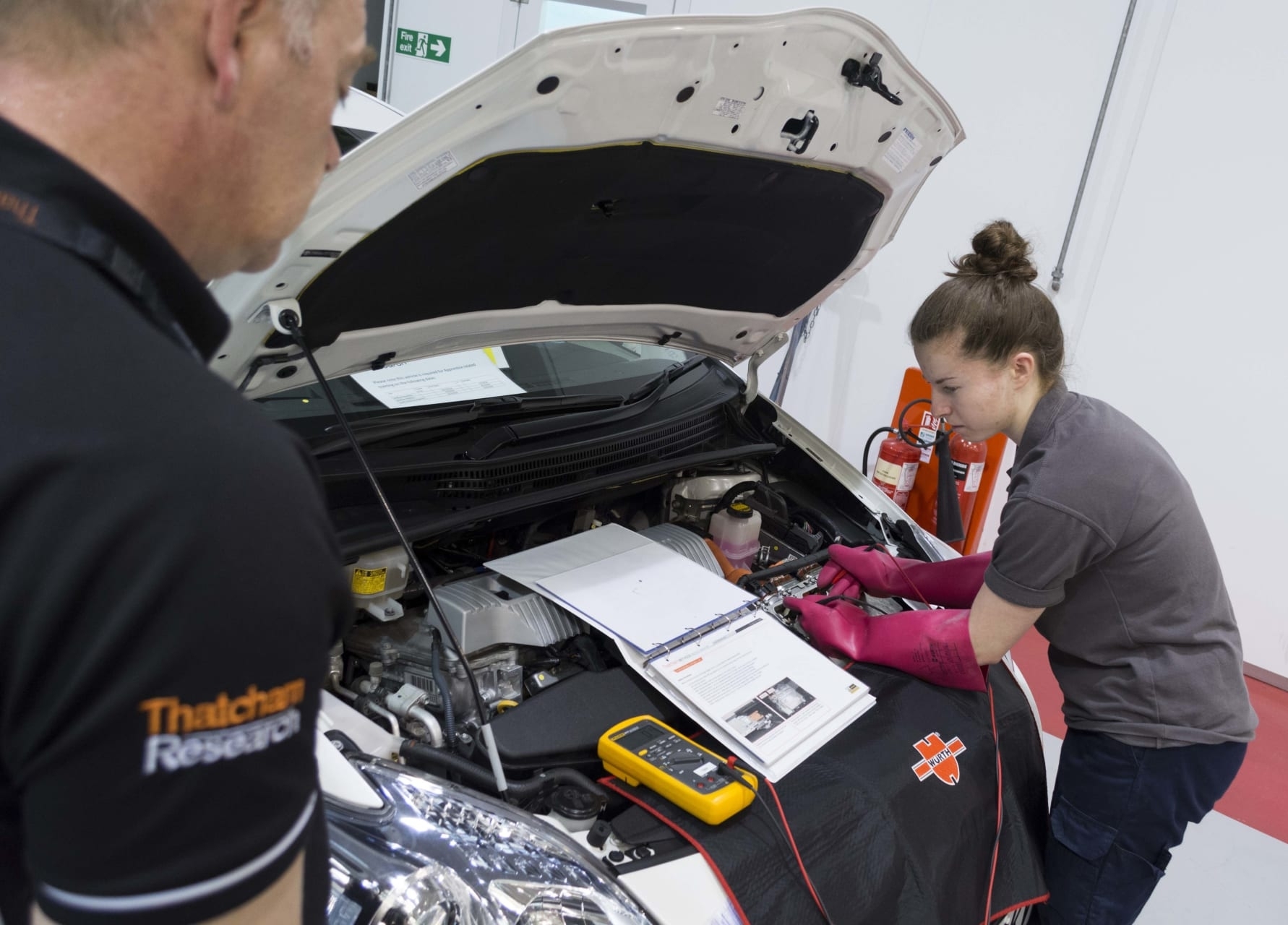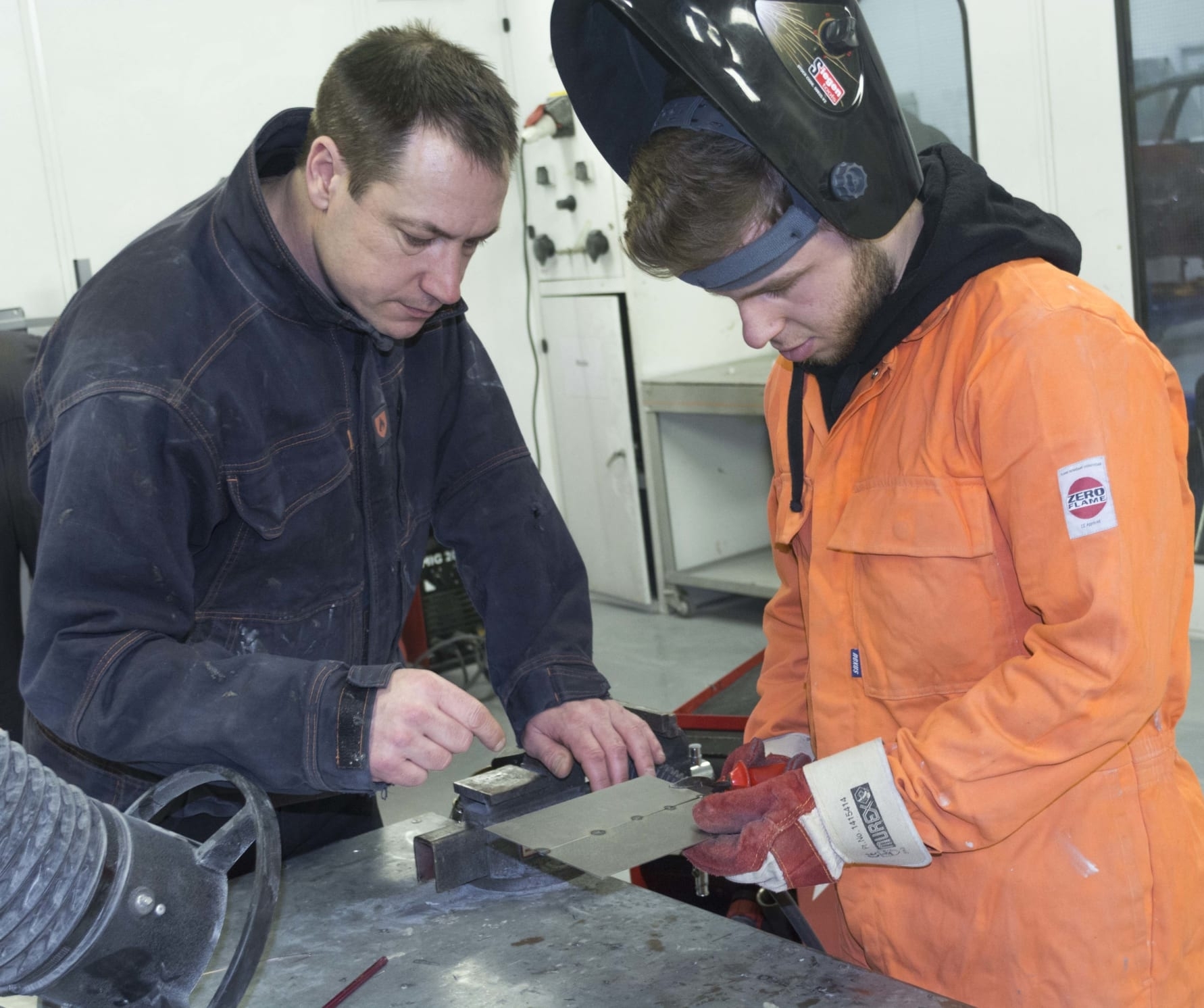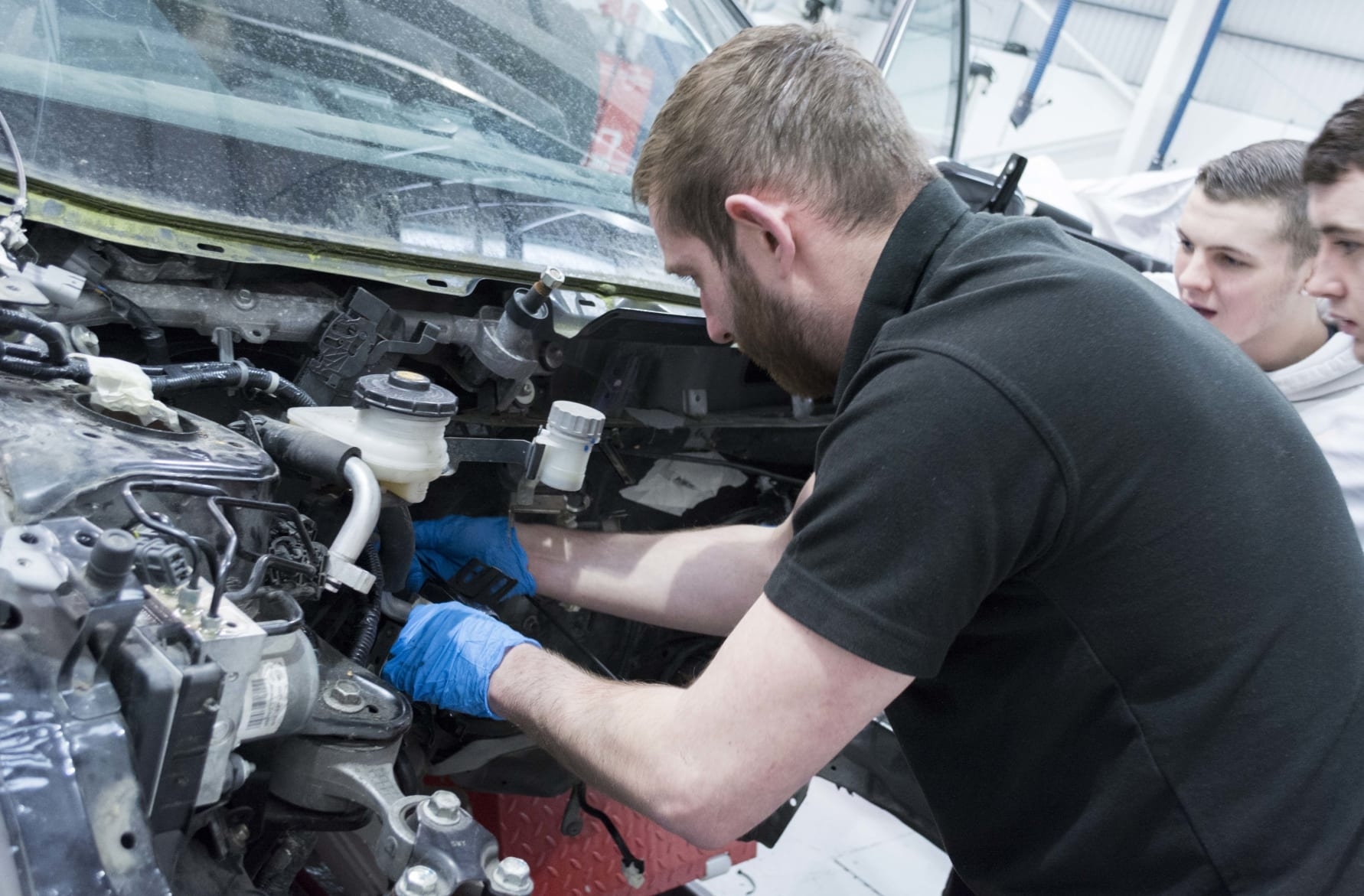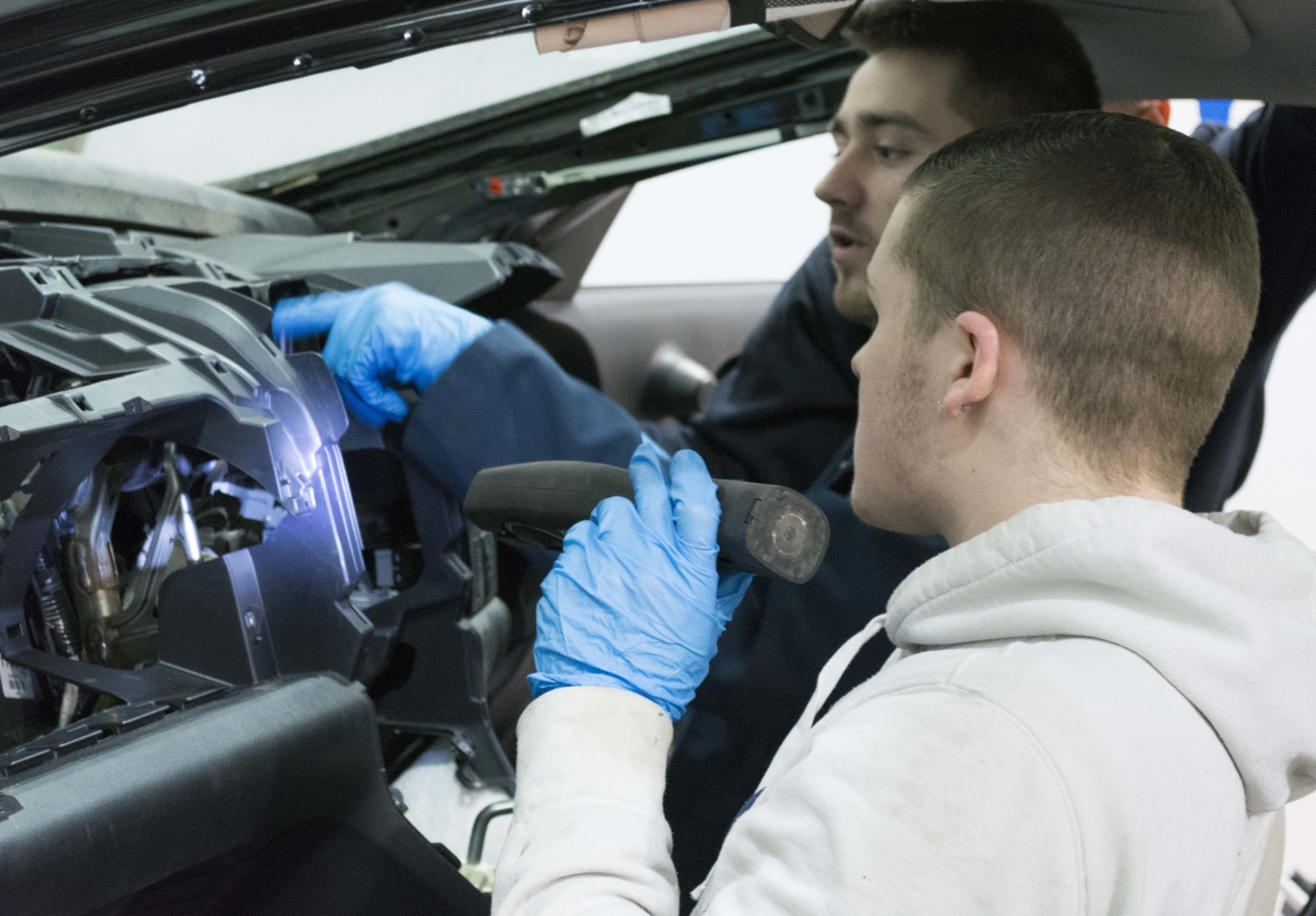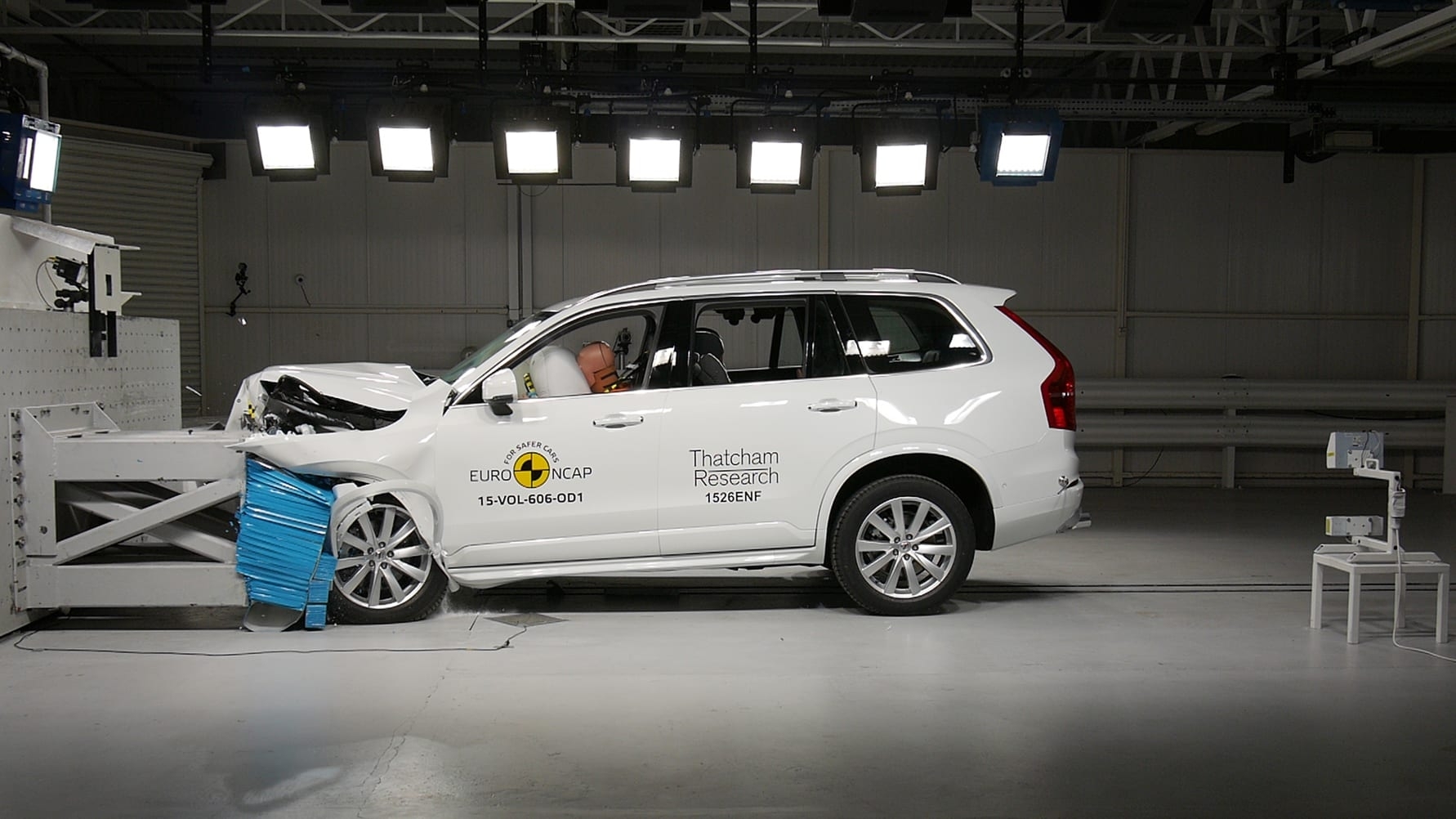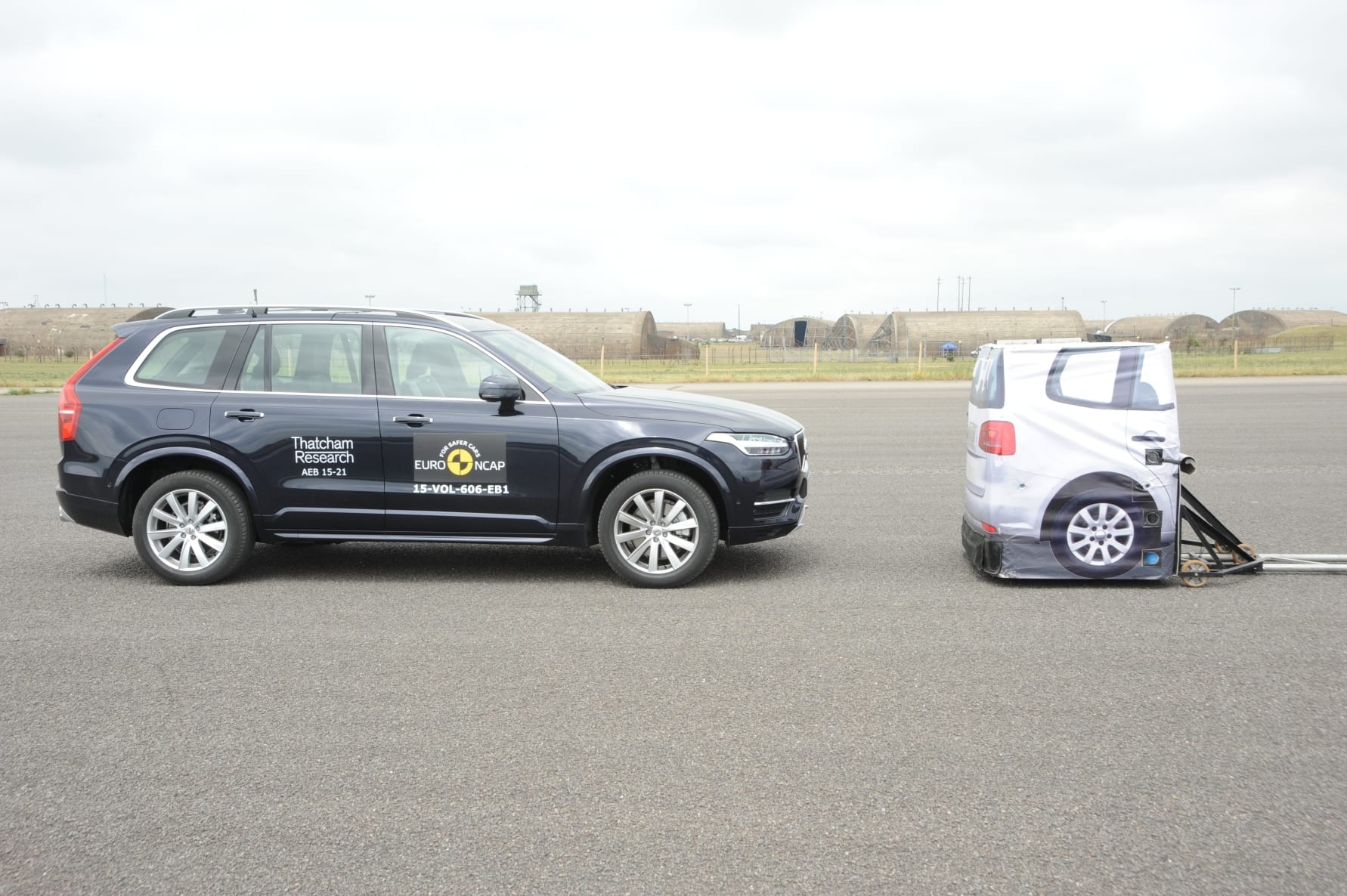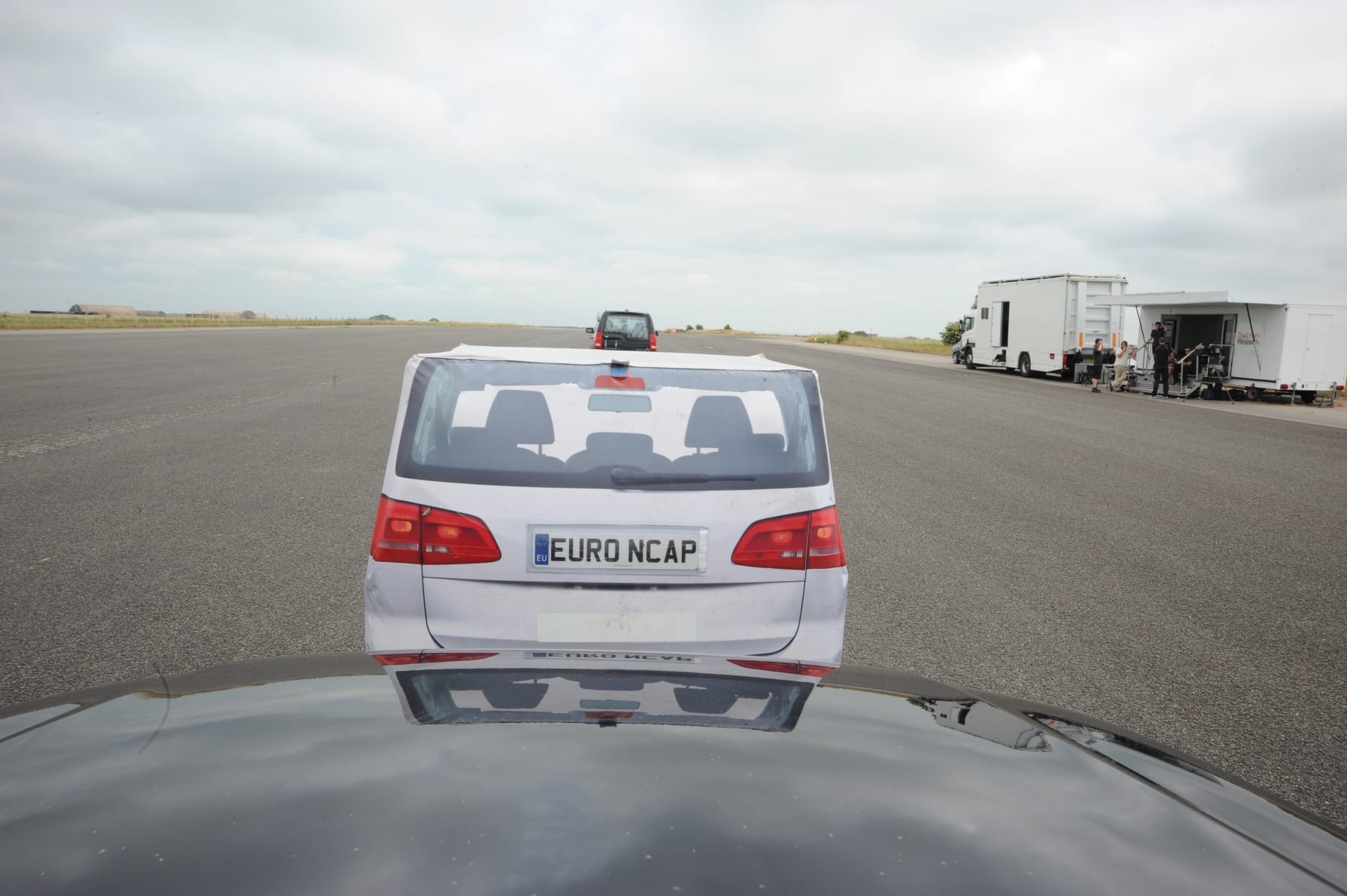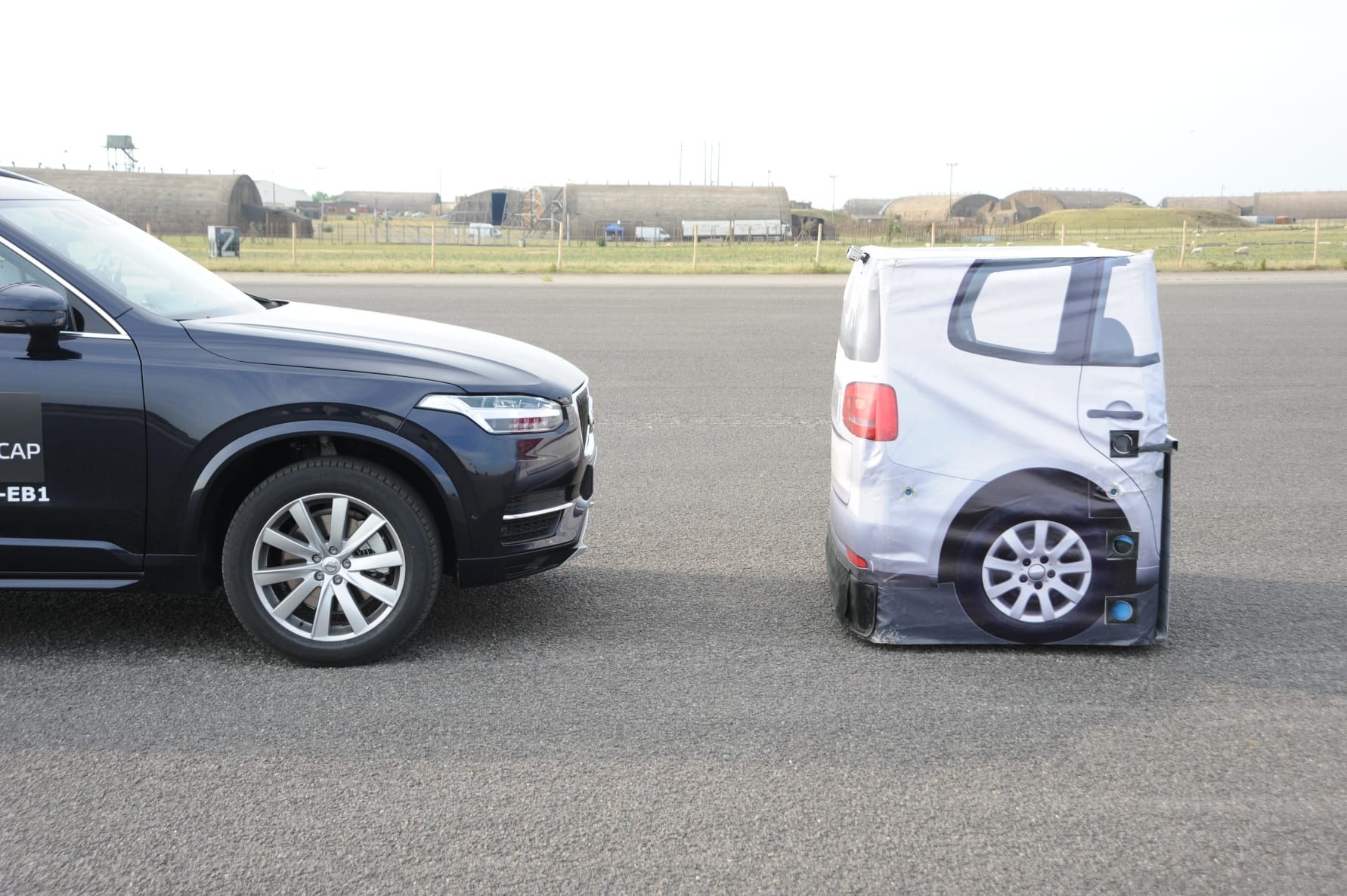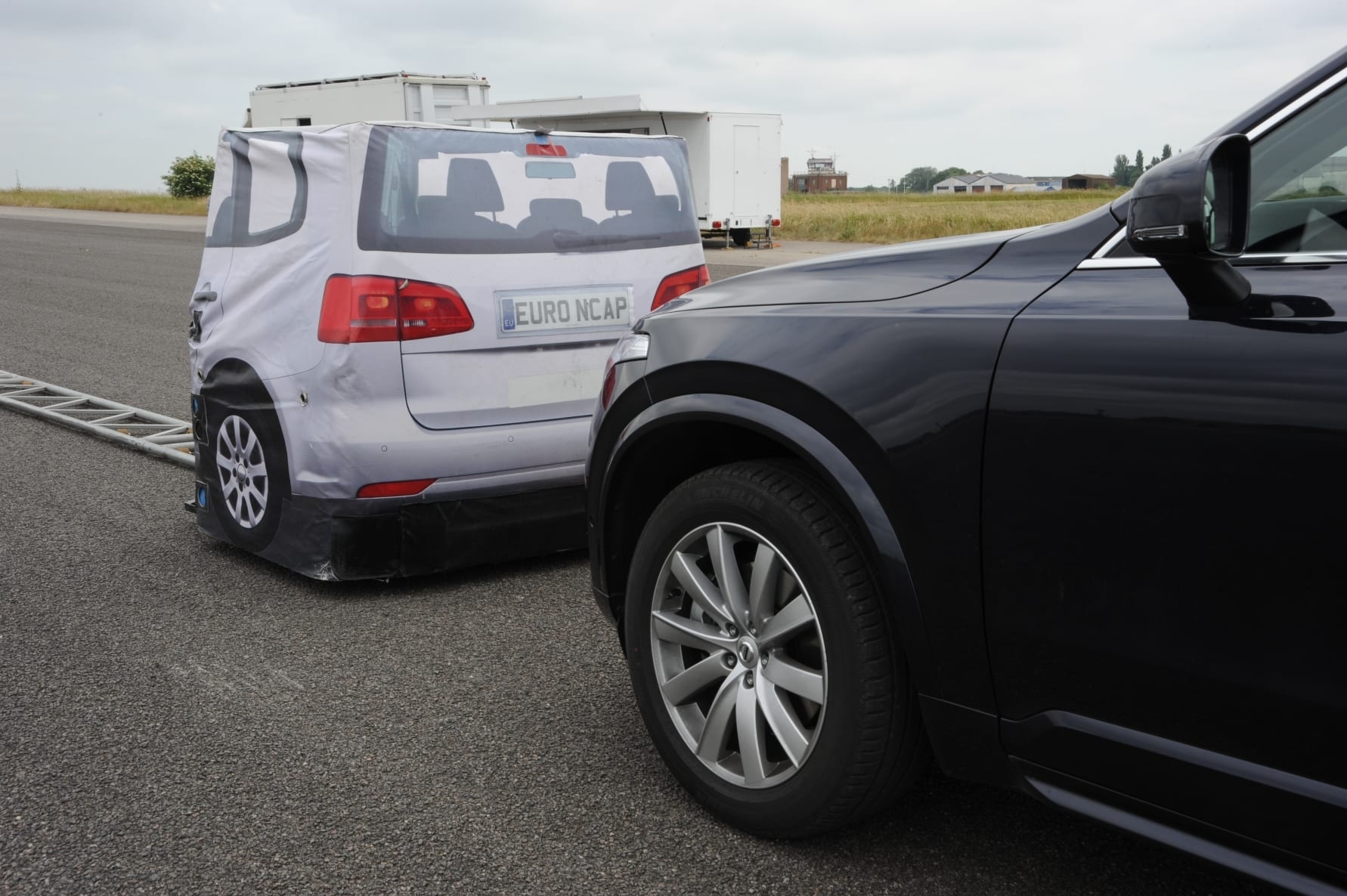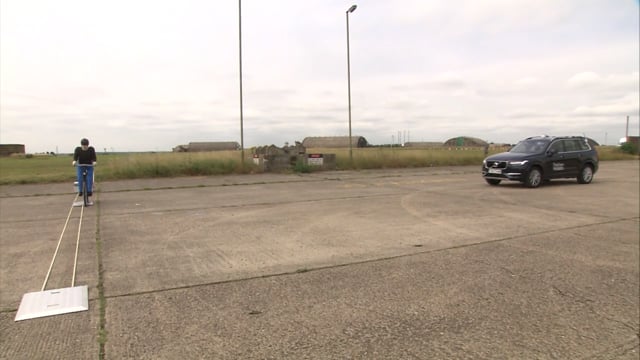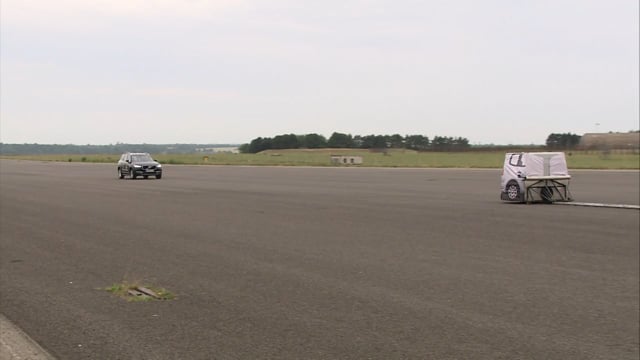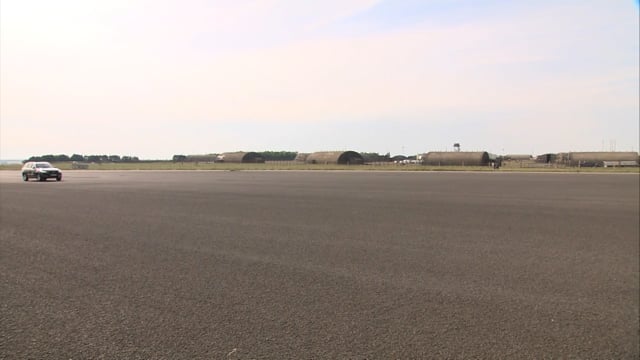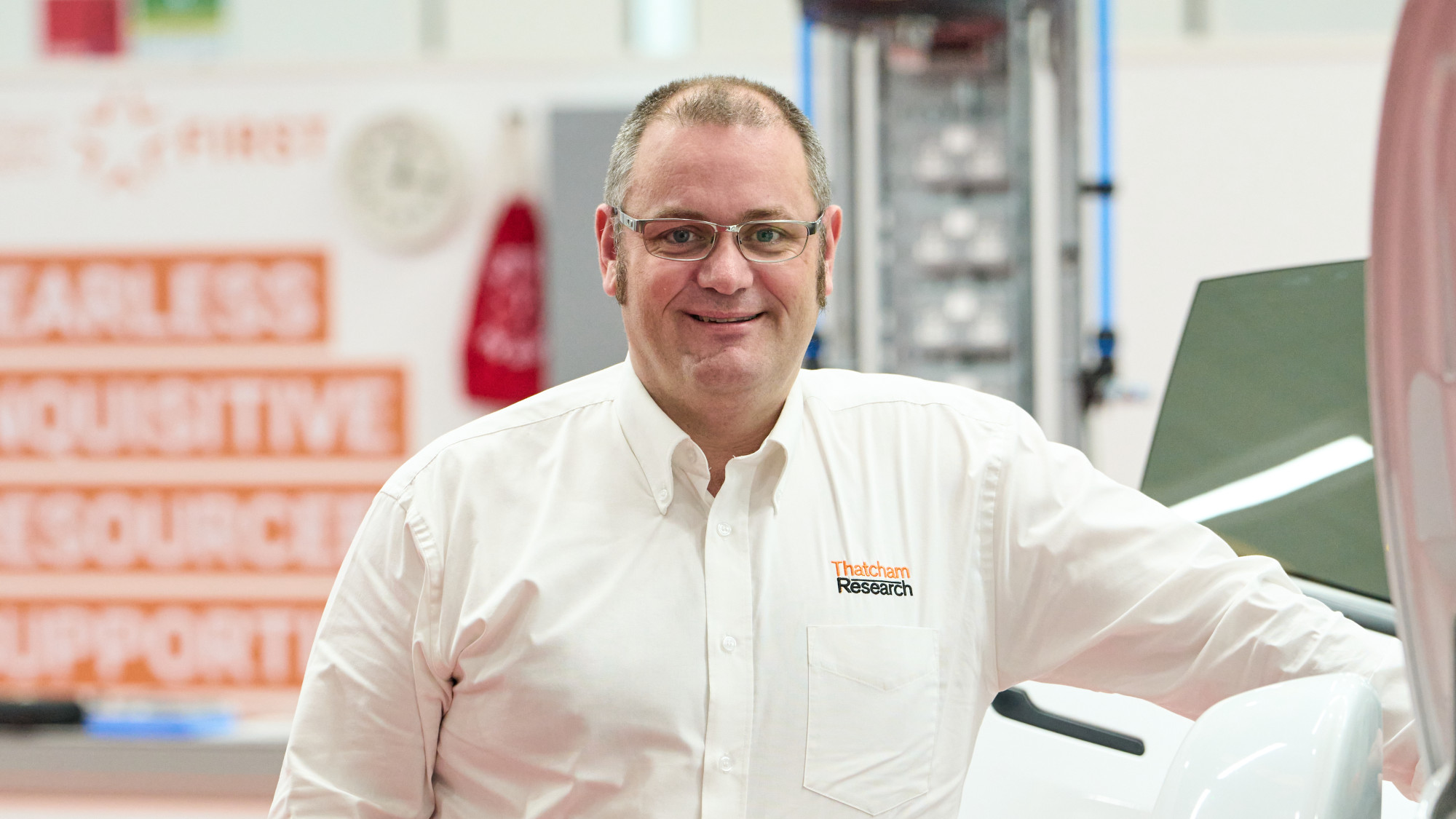Policies central to Thatcham Research gained high-profile recognition in a series of recommendations made by the fleet industry to find solutions to the UK’s major transport issues and acknowledged by Transport Minister Robert Goodwill. The British Vehicle Rental and Leasing Association (BVRLA) presented Mr Goodwill and other Members of Parliament with the industry’s policy recommendations at a Parliamentary reception in the House of Commons on Wednesday evening (16 December 2015).
In it, the Association called on the government to encourage the take-up of Autonomous Emergency Braking (AEB) and consider making fitment of this technology mandatory for new vehicles – a proposal wholeheartedly endorsed by Thatcham Research, which says that active safety systems like AEB, are proven to reduce crash claims by 38 per cent.
In response, the newly-promoted Minister of State for Transport Robert Goodwill told attendees: “I was interested to see your strong support for autonomous emergency braking. This technology has great potential for increasing road safety. The good news is that progress is already happening.”
Commenting, Chief Executive of Thatcham Research Peter Shaw said: “As a not-for-profit research organisation with a focus on vehicle safety and security, we see leadership of this nature as fundamental to the overall success in addressing deaths and serious injuries on the UK’s roads. Where the Government and its agencies lead, suppliers and other commercial organisations will follow.”
On intelligent mobility, Mr Goodwill agreed the need for a common set of standards for the industry and for consumers, and has asked the Centre for Connected and Autonomous Vehicles (C-CAV) – funded by the government, to work with the British Standards Institute, the Intellectual Property Office and the Government Office for Science.
Peter Shaw said: “Connected vehicle technology provides the basis for many emerging driver assistance and comfort systems. With a wide range of new stakeholders moving into the automotive space alongside the more traditional vehicle manufacturers, it is critical to quickly establish a set of robust standards and protocols that everyone can agree and work to. A fragmented approach could derail progress.”
